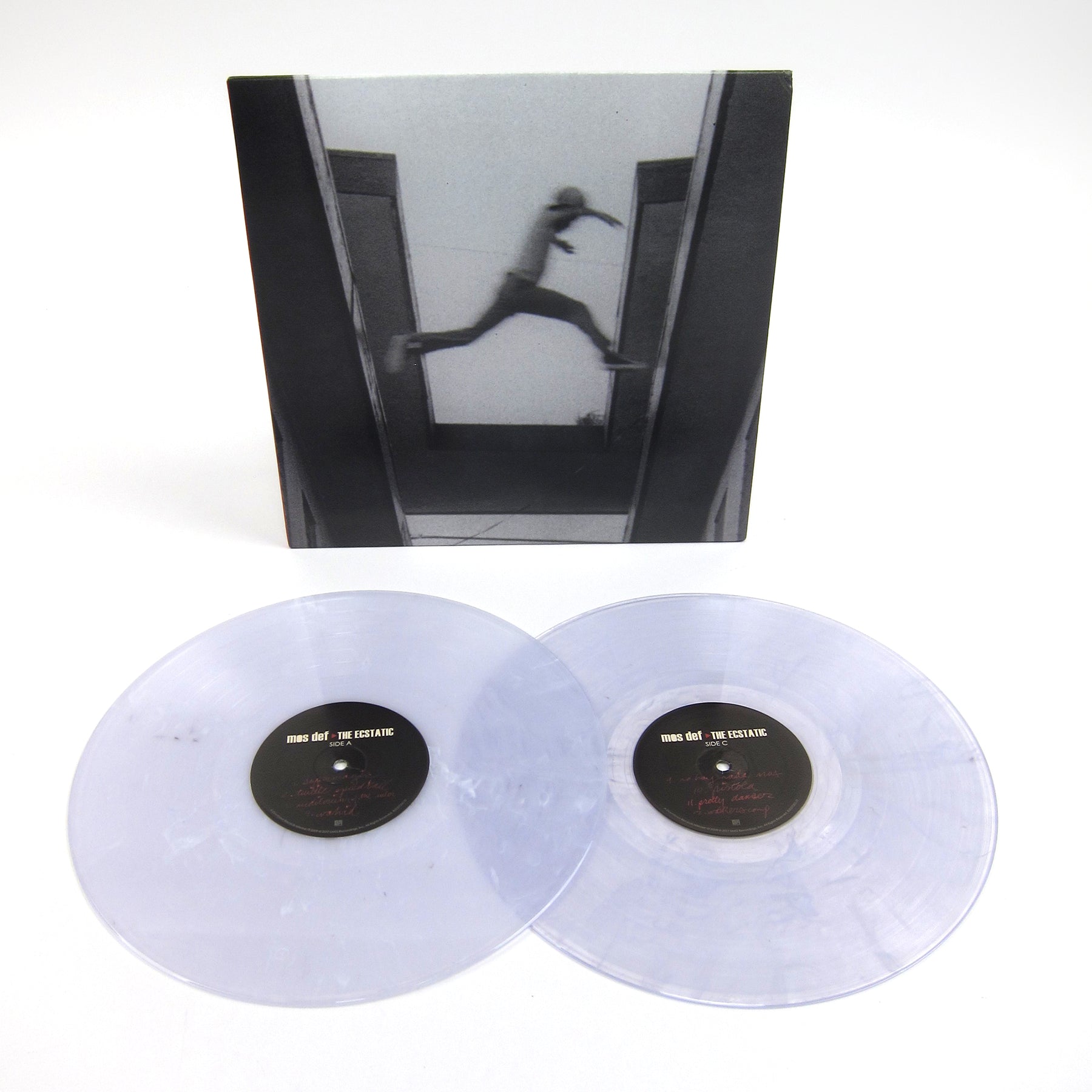

Baraka seemed to pour a whole lifetime of rage and despair and fire into the word ‘faggot’, not only on behalf of himself but on account of the racial and political injustice of sixties America, and on account of his own disillusion with the quietism and 'drop-out' attitude of the bohemian artists with whom he had previously associated – a lifetime that did not, of course justify him using the word, and did not disguise the fact that his homophobia was genuine (along with anti-semitic, anti-italian, anti-irish and anti-female tirades) – but a lifetime that seems trivialised by Common's casual, off-hand dismissal of what might more normally be called “wack MCs” as “gay MCs” (particularly given the fact that ‘Nag Champa’ comes a few decades after ‘Black Art’ et al, and might be expected to know better). Posin like a bitch for exposure/ It's rumours of gay MC's, just don't come around me wit it / You still rockin hickies, don't let me find out he did it.” One might think here of Amiri Baraka’s almost obsessive use of the word 'faggot' (just look through any sample of his mid 60s-mid 70s work), compared to which Common’s “gay MCs” seems fairly tame – and yet the seemingly milder slur 'gay' in fact hurts more, because, unlike ‘faggot’, the word is not in itself an insult, merely a description it only becomes a slur through intention. And in this song we get Common’s own casual homophobic toss-off: “You couldn't hang if you was a poster/ Of course, his own attitudes with relation to women, or at least, certain attitudes that appear to be expressed in lyrics (though I'm aware that over-identification of the voice in the song with the voice of the singer in all aspects of their life, outside the music, is something which can land us in hot water and which is a problem with much hip-hop misunderstanding, perhaps) were not exactly exemplary. The downside of this is the sense that Dilla's death has made it impossible to criticise his work – ‘the good die young’, etc – and he's become a virtual saint within the hip-hop community, as if invoking his name is a placeholder for talking about 'quality' hip-hop, music that doesn't go along with the 'guns/ hoes/ bling' or cheesy naffness of mainstream rap.
#MOS DEF THE ECSTATIC BLOGSPOT FULL#
Given that Hopper and Dilla both died in recent years, the track takes on a poignancy it wouldn't have previously had – a poignancy, a nostalgic, sentimental quality which suffuses the Atwood-Ferguson album and gives it its emotional weight (for instance, listen to the way that the eight-minute version of 'Stakes is High' becomes near-epic, stretched out in length and intensity not just by the way that it takes a full three minutes for the song proper to begin, but by the weight of Dilla’s memory, by the crowd who have come to the concert to pay him homage, by the self-consciously ‘classic’ status of it all – treading the right side of that fine line between simple rehash/ retread and true tribute, true memorial).

Having only come to ‘Nag Champa’ recently, I can't help but view the song through several lenses – that of Miguel Atwood-Ferguson's orchestral version on the Suite for Ma Dukes album, that of the original track sampled by Dilla for the song ( 'Morning Order', from an obscure 1980 duo album by Hugh Hopper and keyboard player Alan Gowen), and that of the mix (available on youtube) which pairs Common's original vocals with Atwood-Ferguson's orchestral arrangement. I've been listening to this track a lot over the past few weeks and thought I might as well pop down a few thoughts not anything structured, just a brief (or not so brief) glance through some lines which seem to me particularly to stand out, and attendant reflections which may be sparked off by them.


 0 kommentar(er)
0 kommentar(er)
